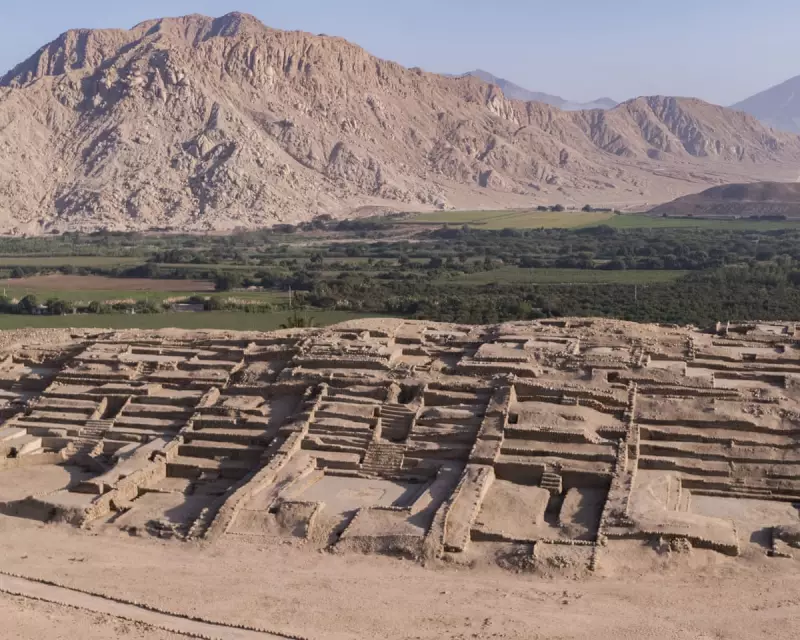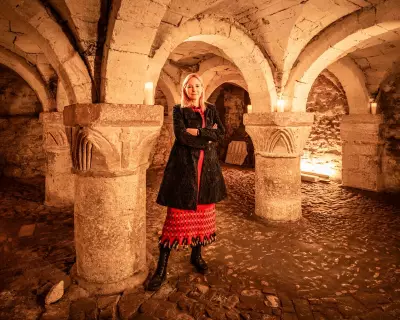
Archaeologists have uncovered the remarkable survival story of the Americas' oldest known civilisation, revealing how the Norte Chico people of Peru ingeniously adapted to withstand a catastrophic climate event that devastated their contemporaries.
The Great Climate Crisis of 3200 BCE
Around 5,200 years ago, a dramatic climate shift triggered what scientists call one of the most severe environmental catastrophes in human history. While many contemporary societies collapsed under the pressure, the Norte Chico civilisation not only survived but continued to flourish for centuries.
"This discovery fundamentally changes our understanding of early human resilience," explains Dr Sarah Jenkins, lead archaeologist on the project. "The Norte Chico developed sophisticated strategies that allowed them to weather a crisis that wiped out other advanced societies."
Agricultural Innovation Against All Odds
The research team's analysis of ancient pollen, seeds, and settlement patterns reveals a civilisation that mastered diversification. Unlike their neighbours who relied on single-crop farming, the Norte Chico developed a multi-pronged agricultural approach:
- Coastal farming of squash and beans in river valleys
- Highland cultivation of potatoes and quinoa at different elevations
- Sophisticated irrigation systems that maximised water efficiency
- Food storage techniques that created security buffers
Social Structure: The Key to Survival
What truly set the Norte Chico apart was their social organisation. Evidence from the ancient city of Caral suggests they developed what researchers are calling "collaborative resilience" - a society built on cooperation rather than hierarchical control.
"Their monuments and public works continued uninterrupted during the climate crisis," notes Dr Michael Rodriguez, co-author of the study. "This indicates a society that maintained social cohesion when others fractured. They invested in community projects that kept people united and purpose-driven."
Lessons for Modern Climate Challenges
The archaeological findings offer profound insights for contemporary society facing its own climate challenges. The Norte Chico's success demonstrates that survival during environmental catastrophe depends on:
- Agricultural diversity and flexibility
- Social cohesion and shared purpose
- Long-term planning and infrastructure investment
- Adaptive resource management
The research, published in Nature Archaeology, represents a breakthrough in understanding how human societies can navigate environmental extremes. As climate change accelerates, these ancient survival strategies may hold valuable lessons for building resilient communities today.
The ongoing excavations at Norte Chico sites continue to reveal how this pioneering civilisation not only survived a climate catastrophe but laid the foundations for Andean cultures that would follow for millennia.





